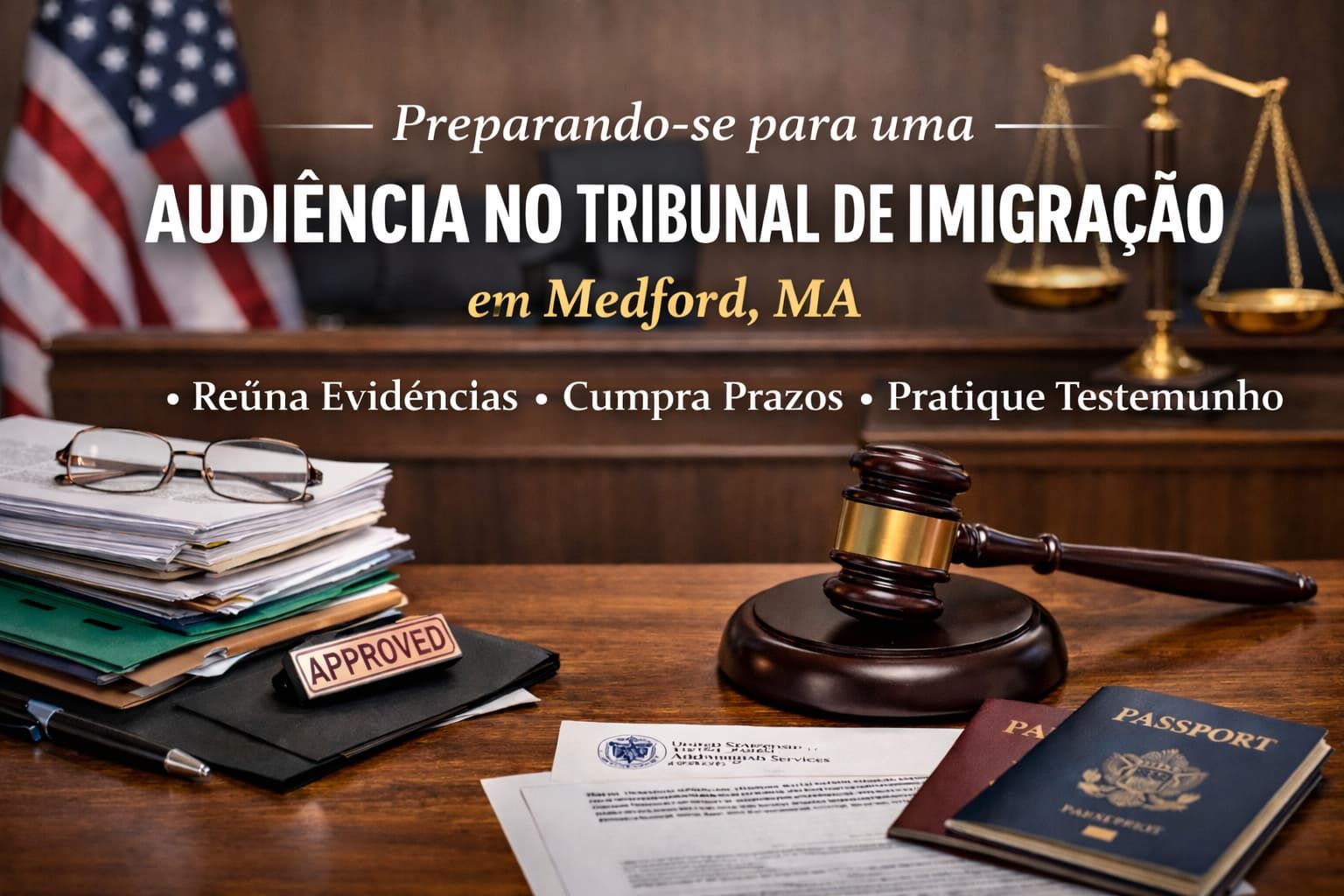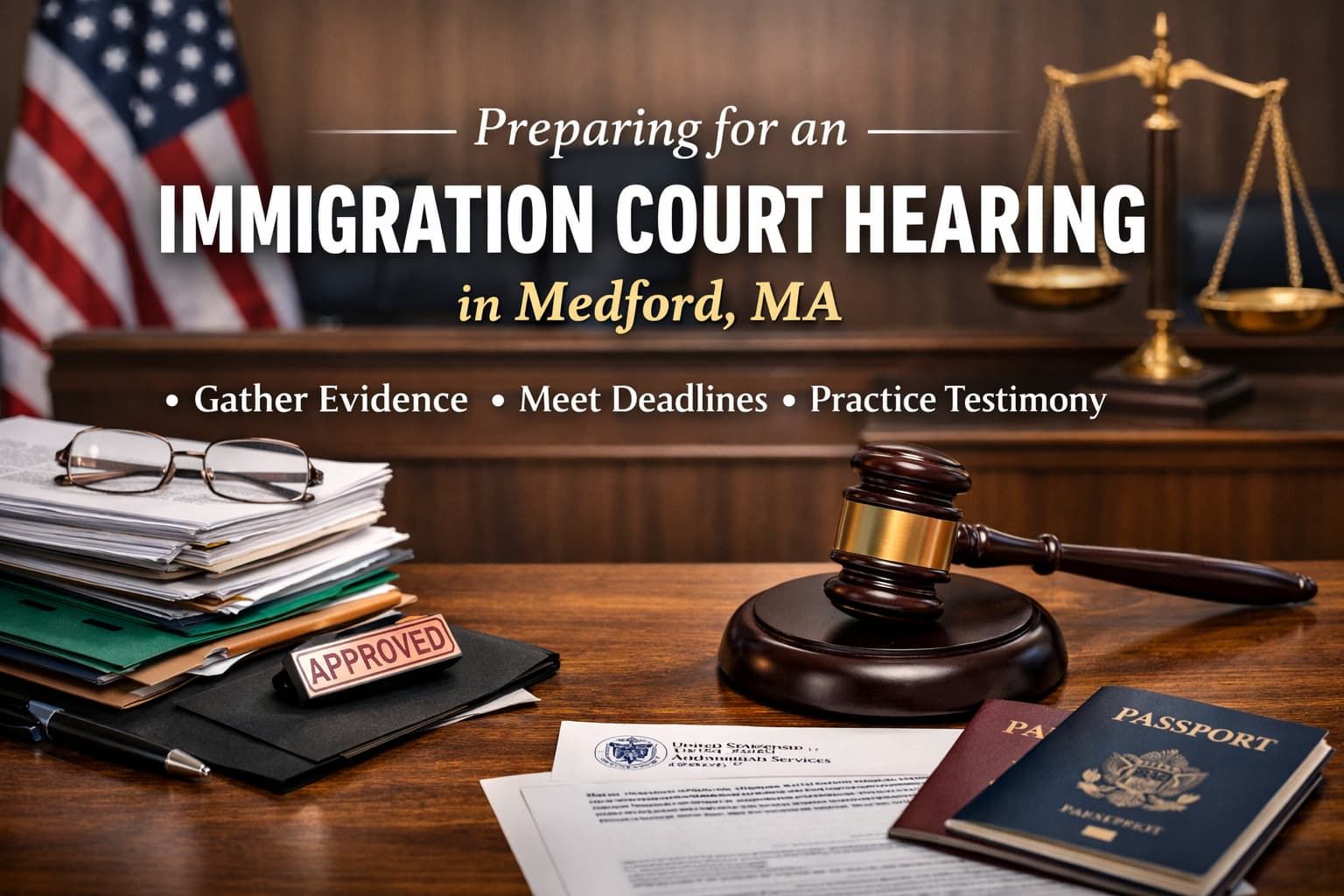What Should I Not Tell My Insurance Company After an Accident?
Your words to insurance companies after an accident can significantly impact your claim’s outcome. While you have obligations to cooperate with your own insurer, certain statements can unintentionally harm your case or reduce compensation. Massachusetts drivers must balance honesty with protecting their legal rights when communicating with insurance adjusters, who are focused on managing claim costs.
Insurance companies begin building their defense the moment you report an accident. Every conversation gets documented, analyzed, and potentially used to deny or reduce your claim. At Brooks Law Firm, we guide Boston-area accident victims through insurance communications, helping them fulfill policy requirements without compromising their rights to fair compensation.
Speak with a personal injury lawyer at Brooks Law Firm today to protect your rights and maximize your claim.
Key Takeaways for Talking to Insurance Adjusters
- Never admit fault, guess about accident causes, or speculate about injuries when speaking with insurance companies.
- You must report accidents promptly to your insurer but can limit initial statements to basic facts like date, time, and location.
- Massachusetts law requires cooperation with your own insurance company under policy terms, but you have no obligation to speak with other drivers’ insurers.
- Recorded statements are not required immediately, and you have the right to consult an attorney before providing one.
- Seemingly innocent phrases like “I’m fine” or “I think” can be used to minimize injury claims or dispute liability.
Statements That Can Damage Your Claim
Insurance adjusters listen carefully for specific phrases and admissions that justify claim denials or reductions. Even truthful statements can be taken out of context or interpreted differently than intended. Protecting your claim requires careful communication from the first phone call.
Admissions of Fault or Responsibility
Never admit fault or accept blame for an accident, even partially. Fault determination involves complex legal analysis of traffic laws, road conditions, and multiple factors you may not fully understand immediately after a crash.
Problematic statements to avoid include:
- “It was my fault” or “I caused the accident”
- “I should have seen them coming”
- “I was probably going too fast”
- “I wasn’t paying attention”
- “I’m sorry” (can be construed as an admission)
Massachusetts follows modified comparative negligence rules. Your compensation reduces by your percentage of fault. Any admission suggesting responsibility provides ammunition for insurers to assign you higher fault percentages.
Stick to objective facts without interpretation. Say “The cars collided at the intersection” rather than “I hit them” or “They hit me.” Let investigators determine fault through evidence rather than your statements.
Speculation About Injuries or Medical Condition
 Injury-related statements create lasting problems when symptoms worsen or new injuries appear. Insurance companies use early minimizing statements to argue that later medical treatment is unrelated to the accident.
Injury-related statements create lasting problems when symptoms worsen or new injuries appear. Insurance companies use early minimizing statements to argue that later medical treatment is unrelated to the accident.
Avoid these dangerous phrases about injuries:
- “I’m fine” or “I’m okay”
- “I don’t think I’m hurt”
- “It’s just minor soreness”
- “I don’t need a doctor”
- “My back always hurts anyway”
Many serious injuries don’t manifest immediately. Adrenaline masks pain. Soft tissue damage, concussions, and internal injuries may take hours or days to produce symptoms. Instead of speculating, simply state you need medical evaluation.
Reference any pain or discomfort you’re experiencing without minimizing. Say “I have neck pain and plan to see a doctor” rather than “My neck hurts a little but I’ll be fine.”
Information to Keep Private
Certain information falls outside legitimate claim investigation needs. Insurance companies often request details that help them deny claims rather than process them fairly. Protecting sensitive information prevents misuse while maintaining cooperation.
Detailed Medical History
Insurance companies need information about accident-related injuries but often fish for pre-existing conditions to blame current symptoms on. Limit medical discussions to injuries from this specific accident.
Protect your medical privacy by avoiding discussion of:
- Previous injuries or accidents
- Chronic health conditions
- Past workers’ compensation claims
- Mental health treatment
- Unrelated medical procedures
Massachusetts law provides strong medical privacy protections under Chapter 214, Section 1B. You control what medical information insurers receive. Sign only limited authorizations specific to accident-related treatment.
When asked about medical history, respond: “I’ll provide records related to this accident through my attorney.” This preserves your rights while showing cooperation.
Financial and Personal Details
Insurance adjusters sometimes probe for information suggesting financial desperation or lifestyle choices they can exploit. This fishing expedition goes beyond legitimate claim needs.
Keep private:
- Your income or financial situation
- Whether you’ve hired or plan to hire an attorney
- Previous insurance claims or lawsuits
- Social media accounts or online activity
- Daily routines or recreational activities
Desperate financial circumstances might encourage quick, lowball settlements. Knowledge that you lack legal representation may prompt more aggressive tactics. Stick to accident facts, not personal circumstances.
Recorded Statements and Your Rights
Insurance companies routinely request recorded statements soon after accidents. These recordings create permanent evidence that may be used against claimants later. Massachusetts law provides specific rights regarding these statements you must understand.
When Recorded Statements Are Required
Your own insurance policy likely requires cooperation, including providing statements about accidents. However, this obligation has limits and timing flexibility.
According to Massachusetts insurance regulations, policy contracts must be reasonable in their cooperation requirements.
Key points about recorded statements:
- Your own insurer can require a statement under policy terms
- You have no obligation to give statements to other parties’ insurers
- Statements can be delayed for attorney consultation
- You can request written questions instead
- In-person statements can replace phone recordings
Review your policy’s cooperation clause carefully. Most require only “reasonable cooperation,” which includes time to obtain legal advice.
Protecting Yourself During Recordings
If you must give a recorded statement, preparation and caution minimize risks. Insurance adjusters use specific techniques to elicit harmful admissions. Your awareness of these tactics provides protection.
During recorded statements, follow these guidelines:
- Pause before answering to consider each question
- Answer only what’s asked without volunteering information
- Say “I don’t know” or “I don’t remember” when accurate
- Avoid estimates, guesses, or speculation
- Request clarification for confusing questions
- Take breaks if you feel pressured or confused
Never allow adjusters to summarize your words differently. If they say “So you’re saying…” and it’s not accurate, firmly correct them. The recording captures their mischaracterization alongside your correction.
Common Insurance Company Tactics
Insurance adjusters receive extensive training in claim minimization techniques. Recognizing these tactics helps you avoid falling into traps that damage your claim value.
Quick Settlement Pressure
Adjusters often contact accident victims within hours, offering fast settlements before you understand your injuries or damages. They know quick settlements typically favor insurance companies.
Warning signs of settlement pressure include:
- Calls within 24-48 hours offering money
- Claims that offers expire soon
- Statements that lawyers just take your money
- Promises of quick payment for cooperation
- Discouraging medical treatment as unnecessary
Massachusetts provides a three-year statute of limitations for injury claims. There’s rarely legitimate urgency in the first days or weeks. Quick settlements often leave you paying medical bills from your own pocket later.
Friendly Adjuster Approach
Some adjusters adopt overly friendly personas to encourage unguarded conversation. They may express concern for your well-being while gathering ammunition against your claim.
Tactics include:
- Excessive small talk before “real” questions
- Expressing sympathy to lower your guard
- Making your case seem routine and simple
- Suggesting they’re “on your side”
- Informal conversation that’s actually investigation
Remember that adjusters work for insurance companies, not you. Their job performance depends on closing claims cheaply. Professional courtesy shouldn’t be confused with advocacy for your interests.
What You Should Say Instead
Effective communication with insurance companies balances cooperation requirements with claim protection. Knowing what to say proves as important as knowing what to avoid.
Basic Facts Only
Limit initial reports to objective, verifiable facts without interpretation or speculation. Insurance companies need certain information to open claims and investigate.
Appropriate initial information includes:
- Date, time, and location of accident
- Vehicle information (year, make, model, license plates)
- Insurance policy numbers
- Basic description of property damage
- Whether police responded and report numbers
- That you plan to seek medical attention
Provide this core information without elaboration. Don’t describe how the accident happened, who was at fault, or your current physical condition beyond noting you’ll see a doctor.
Professional Boundaries
Maintain professional boundaries throughout insurance communications. You’re fulfilling policy obligations, not having casual conversations. This mindset prevents damaging oversharing.
Use these professional phrases:
- “I need to review my records before answering that”
- “I’ll provide that information through my attorney”
- “I’m still receiving medical treatment”
- “I’m focused on recovering right now”
- “I’ll need to check with my doctor about that”
These responses show cooperation while protecting your interests. They’re particularly effective when adjusters push beyond reasonable information requests.
Dealing With the Other Driver’s Insurance
Contact from the other driver’s insurance company creates different considerations than your own insurer. You have no contractual obligation to speak with them, despite their persistent calling.
No Legal Obligation to Cooperate
The at-fault driver’s insurance company has one goal: paying you as little as possible. Unlike your own insurer, you have zero obligation to provide them information, statements, or cooperation.
When they contact you:
- Politely decline to discuss the accident
- Don’t provide any information beyond confirming your identity
- Don’t agree to recordings or written statements
- Don’t accept any settlement offers
- Refer them to your attorney or say you’ll have one contact them
Some adjusters falsely imply you must cooperate or risk losing rights. This is untrue. Massachusetts law creates no duty to assist the adverse driver’s insurer.
Referring Communications
Establish clear boundaries with adverse insurance companies immediately. One conversation often leads to repeated calls and pressure tactics.
Effective responses include:
- “I’m not discussing the accident with you”
- “Please direct all communications to my attorney”
- “I have no comment at this time”
- “Please don’t contact me again”
- “I’m represented by counsel” (even if consulting)
Document every contact attempt. Note dates, times, caller names, and conversation content. This documentation helps if harassment continues or bad faith practices emerge.
Special Circumstances
Certain accident scenarios create unique communication challenges with insurance companies. Understanding these situations helps you navigate appropriately.
Hit-and-Run Accidents
Unidentified driver accidents require careful insurance communication to preserve uninsured motorist coverage. Your statements about attempting to identify the driver affect coverage eligibility.
Important considerations include:
- Report to police within 24 hours as required
- Describe all efforts to identify the fleeing driver
- Don’t speculate about the phantom vehicle
- Document any witness information immediately
- Preserve physical evidence from your vehicle
Massachusetts uninsured motorist law requires hit-and-run victims to show they couldn’t identify the responsible driver despite reasonable efforts.
Multiple Vehicle Accidents
Chain-reaction crashes and multi-car pileups create complex liability scenarios. Your statements about the sequence of events can unfairly shift blame.
In multiple vehicle situations:
- Describe only what you personally observed
- Don’t guess about other drivers’ actions
- Avoid assigning blame between other parties
- Focus on your own vehicle’s involvement
- Let investigators sort out the complete sequence
Multiple insurance companies may contact you. Apply the same protective principles to each, providing minimal information while maintaining your rights.
FAQ for What Not to Tell the Insurance Company After an Accident
Can my insurance company cancel my policy if I refuse to give a recorded statement?
Your insurance policy requires reasonable cooperation, but Massachusetts law protects against arbitrary cancellation. You can request time to consult an attorney before giving recorded statements.
According to Massachusetts Division of Insurance standards, many policies accept written statements as an alternative to recordings. While persistent refusal to cooperate at all might affect coverage, seeking legal advice first is reasonable and protected.
What if I already told the insurance company I was fine but now I’m experiencing pain?
Early statements about feeling “fine” don’t prevent you from seeking compensation for injuries that develop or worsen. Document your new symptoms immediately with medical providers. Explain that adrenaline and shock prevented you from recognizing injuries initially. Many soft tissue injuries and concussions don’t manifest until days after accidents. Medical documentation helps to overcome early minimizing statements.
Should I let the insurance company talk to my doctor directly?
No, you should not allow direct communication between insurance adjusters and your healthcare providers. Provide medical records through controlled authorizations, limiting access to accident-related treatment only. Insurance companies may twist doctors’ casual comments or fish for unrelated conditions. You have the right to control what medical information insurers receive.
Is it illegal to lie to the insurance company?
Yes, intentionally providing false information to insurance companies constitutes insurance fraud, a serious crime in Massachusetts under Chapter 266, Section 111A. However, declining to answer questions, saying “I don’t know,” or limiting information isn’t lying. You can protect your rights through strategic communication without dishonesty.
What if the insurance adjuster says my claim will be denied if I don’t answer their questions immediately?
Insurance companies cannot deny valid claims simply because you take time to consult an attorney or decline immediate recorded statements. This is a pressure tactic. Your policy requires reasonable cooperation, not immediate compliance with every request. Document the adjuster’s threats and consult an attorney about potential bad faith practices.
Protecting Your Rights After an Accident
Communication with insurance companies after accidents requires careful balance. While honesty remains important, protecting your legal rights through strategic communication prevents claim damage. Every statement becomes part of the permanent record, potentially affecting compensation for injuries, lost wages, and other damages.
The most dangerous insurance conversations happen in the first days after accidents when you’re stressed, possibly injured, and unprepared. Insurance adjusters capitalize on this vulnerability to gather statements that minimize claims. Taking time to understand your rights and prepare appropriate responses protects your interests.
Brooks Law Firm helps accident victims throughout Boston navigate insurance communications safely. Our multilingual team speaks English, Spanish, and Portuguese, ensuring a clear understanding of your rights. We handle insurance company communications while you focus on recovery. If you’ve been in a Massachusetts accident and face pressure from insurance companies, contact Brooks Law Firm at (617) 245-8090 for a free consultation. Let our experienced attorneys protect your rights and pursue fair compensation under the law.





